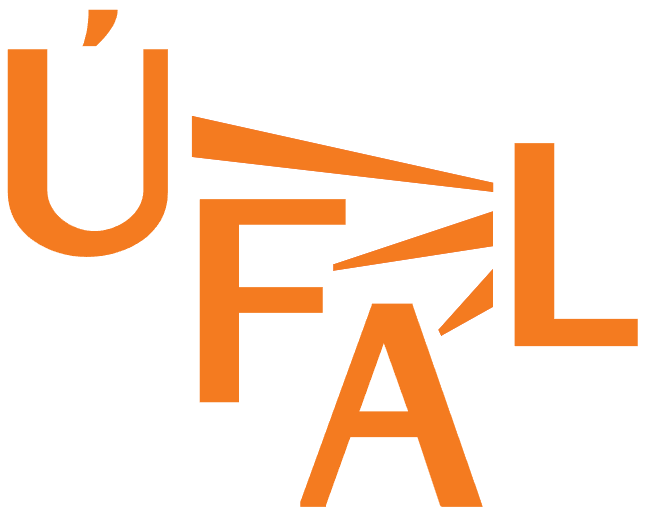HUMAD 2024: International Workshop on Human-Centered Modeling and Adaptation for Digital Transformation
Cagliari, July 3 2024
While digital transformation brings broad positive impacts, its rapid propagation varies across territories, accentuating disparities not only in the social and organisational contexts but even in industrial sectors. Acknowledging this digital divide, the HUMAD workshop aims to reshape industrial and digital landscapes for equity and accessibility, specifically emphasising the pivotal role of user modeling and artificial intelligence.
Discussions will centre on personalised user modeling and holistic, human-centred approaches tailored for an industrial context. The workshop will explore applications in critical sectors, including smart cities, tourism, industrial production, healthcare, education, and well-being, focusing on delivering quality digital interactions and services tuned to industrial and human-centric needs.
The objective is to elevate the quality of digital interactions and services, ensuring a more uniform and inclusive distribution of the benefits of industrial digital transformation. Beyond immediate concerns, HUMAD delves into user modeling's potential to drive growth in disadvantaged territories. By comprehending the unique challenges these regions face, the aim is to cultivate sustainable solutions within an industrial framework. We invite contributions that navigate the intricacies of user modeling, proposing innovative strategies to reduce disparities and develop a more equitable, human-centric digital future.
The International Workshop on Human-Centered Modeling and Adaptation for Digital Transformation (HUMAD 2024) is organized by the University of Cagliari (Italy), in conjunction with Charles University (Czech Republic) and The Open University (United Kingdom), as an hybrid event, part of the UMAP 24 International Conference to be held in Cagliari, Sardinia (Italy), on July 1-4, 2024.
The workshop will hence cover topics including, but not limited to:
- Human-centered methods and approaches for digital transformation
- User modeling tools for the transition to smart environments (work, healthcare, cities)
- Digital solutions for disadvantaged areas
- Adaptation methods to foster the Smart Specialization Strategy (S3)
- Artificial Intelligence (AI) methods and applications for digital transformation
- Digital solutions for socio-economic inclusion
- Adaptive work environments: AI and user modeling for employee well-being
- User-centric design patterns in software applications
- Video-surveillance in Smart Cities;
- Human-AI collaboration in industrial applications
- Adaptive learning environments and AI-driven educational recommendations
- Digital transformation for industry and small and medium-sized enterprises
- Human-centric metrics and integrated platforms for sustainable development
To submit a paper to HUMAD 2024, please go to the dedicated submission page.
Organizing committeee
Dr. Simone Balloccu, Co-Chair, Charles University (Czech Republic)
Dr. A. Sebastian Podda, Co-Chair, University of Cagliari (Italy)
Dr. Livio Pompianu, Co-Chair, University of Cagliari (Italy)
Dr. Roberto Saia, Co-Chair, University of Cagliari (Italy)
Dr. Angelo Salatino, Co-Chair, The Open University (United Kingdom)
Invited speaker
 Ernie Chang, Ph.D., is a Research Scientist at Meta AI, dedicated to advancing the frontiers of language modeling and its applications in multimodalities. His research centers on developing cutting-edge language models that thrive in resource-constrained environments, achieving remarkable efficiency and output with minimal resources.
Ernie Chang, Ph.D., is a Research Scientist at Meta AI, dedicated to advancing the frontiers of language modeling and its applications in multimodalities. His research centers on developing cutting-edge language models that thrive in resource-constrained environments, achieving remarkable efficiency and output with minimal resources.
Venue
The HUMAD 2024 workshop will be held in conjunction with the 32th International Conference on User Modeling, Adaptation and Personalization (UMAP 24, CORE class B), in Cagliari, Sardinia (Italy), on July 1-4, 2024. More details about the venue can be found here.
Please note that, this year, the workshop will be held both in person and online mode.
Publication
All HUMAD 2024 accepted papers will be included in the official UMAP 24 adjunct proceedings. The official publication date is when the proceedings are made available in the ACM Digital Library (dl.acm.org). This date may be up to two weeks before the first day of UMAP 24.
All papers will be indexed by Scopus, Google Scholar, Thomson Reuters Conference Proceeding Citation Index, EI Compendex, and DBLP. The papers will contain linked references, XML versions and citable DOI numbers. You will be able to provide a hyperlink to all delegates and direct your conference website visitors to your proceedings.








